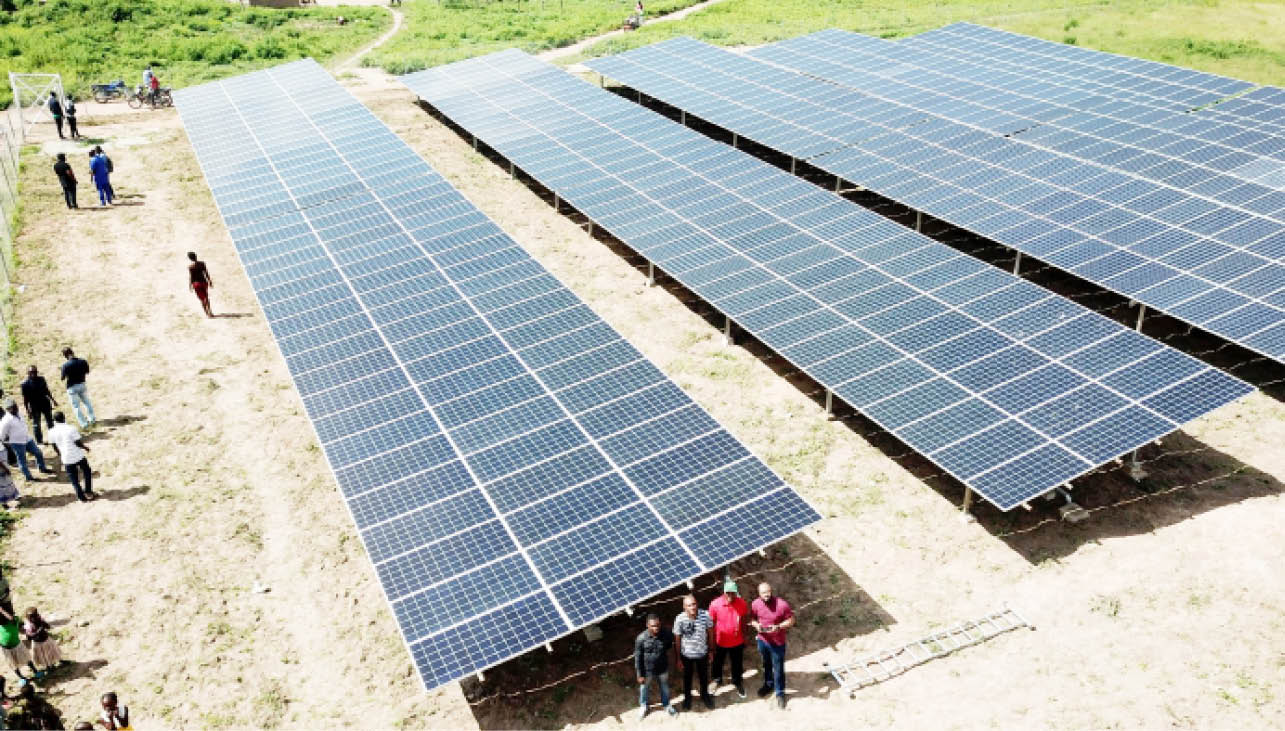In about three years, the federal government has funded the delivery of 52 megawatts (MW) of solar electricity across rural areas to the tune of N241.8 billion with grants provided by the World Bank and the African Development Bank (AfDB).
The latest milestone is from the analysis of scorecards of the Nigerian Electrification Programme (NEP) being implemented by the Rural Electrification Agency (REA). To implement the programme, the World Bank provided $350million, and AfDB provided $200m.
As of October, 1,022 connections had been energized and are being utilized in communities across the 36 states of Nigeria and the Federal Capital Territory (FCT).
This analysis shows that it has deployed 995,396 Solar Home Systems (SHS), 67 mini-grid projects, and 26 containers of solar energy packs for hospitals.
While the NEP handlers received 569 applications from solar power developers, it signed the grant agreement with 267 developers and seven others for the energizing education power contract projects in seven universities and a teaching hospital.
2023: No merger talks with Tinubu, Atiku – SDP
Buhari congratulates CCN president-elect, Archbishop Onuoha
The implementation of the NEP has created 1,151 jobs so far and saved 249,193 tonnes of carbon dioxide, the records show.
According to a 2020 World Bank report on an energy deficit, Africa has a vast energy deficit of over 600 million people without access to electricity and about 900m without access to clean cooking energy. Of this population, Nigeria, being the most populous country on the continent, is heavily impacted and overtook Congo DR as the country with the highest number of people without access to electricity in late 2020.
Despite the gloomy picture, authorities have launched various programmes to improve access to electricity. For instance, the Federal Ministry of Power is driving a wider Sustainable Energy for All (SE4ALL) scheme, projecting to have 30,000MW of electricity by 2030, of which 30 percent of it will come from renewable energy sources. So far, the national electricity grid is about 5,000MW with a significant chunk of the over 200m people not having access to electricity, while over 50 percent of those with electricity are underserved.
Read more: https://dailytrust.com/how-nigeria-spent-n241bn-on-solar-electricity-for-rural-areas/

